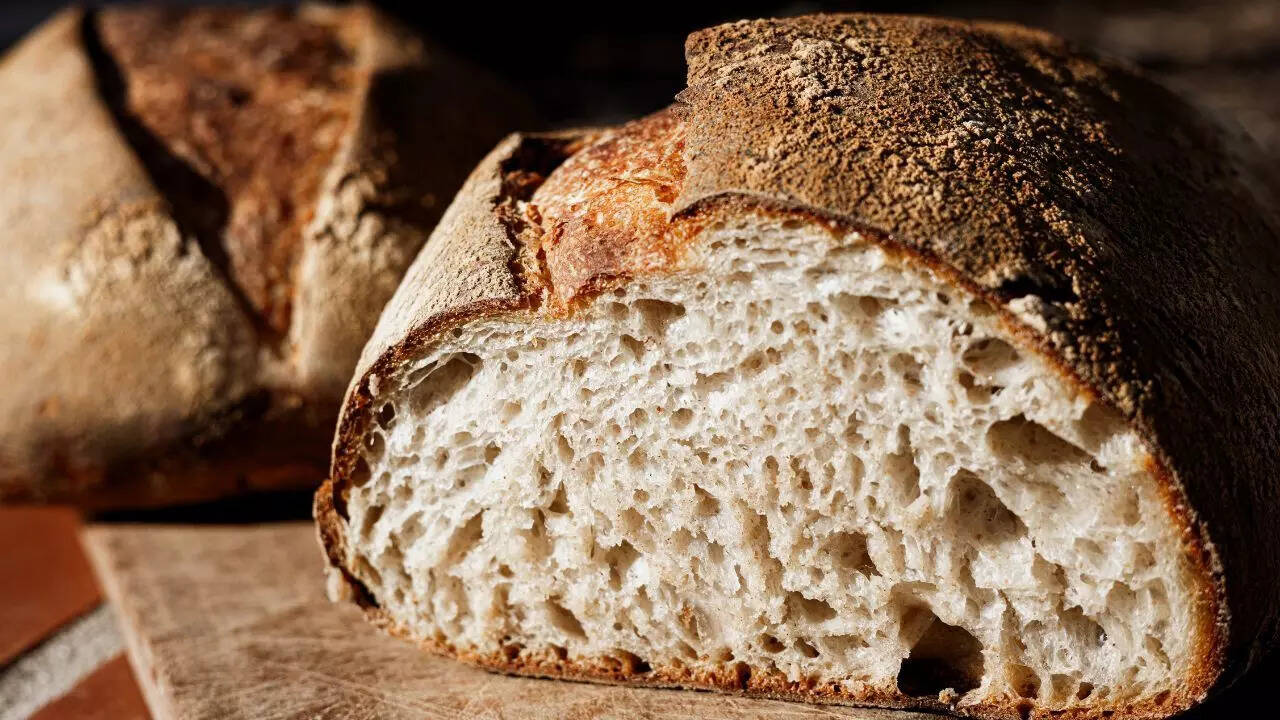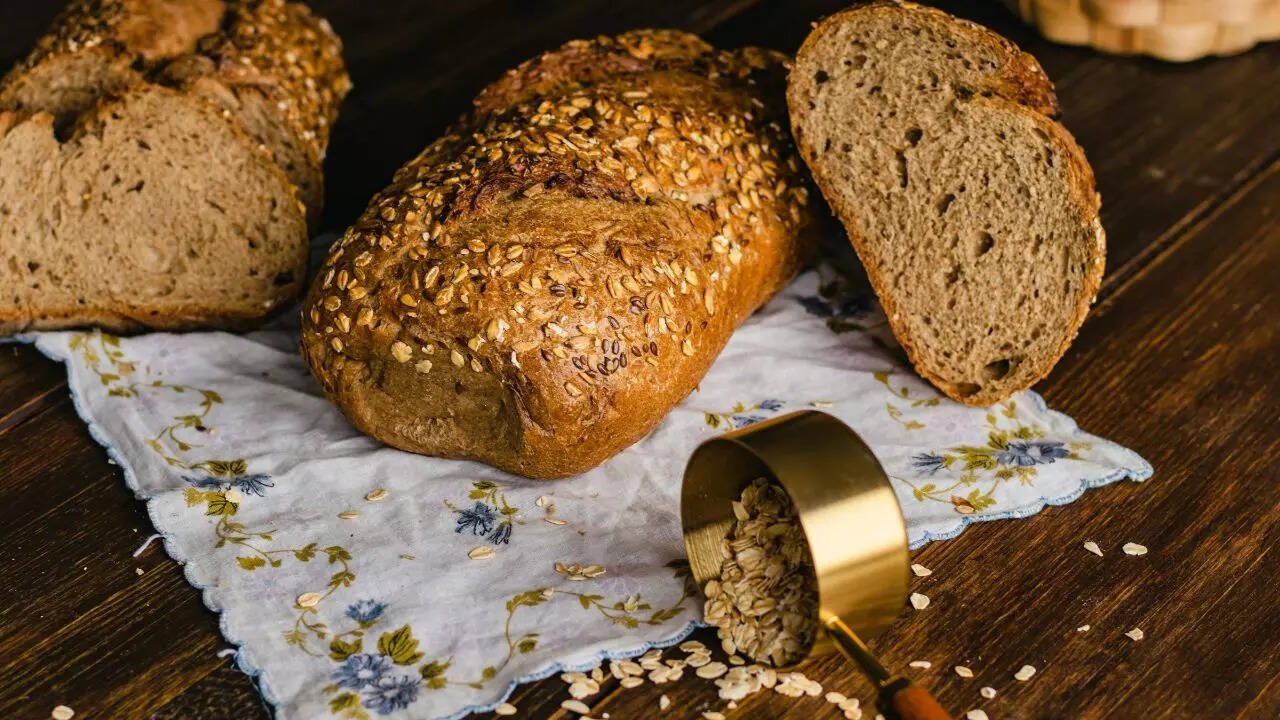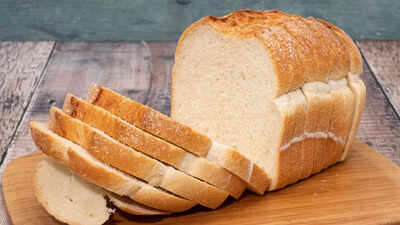Bread is one of the most widely consumed foods around the world, forming a part of everyday meals like breakfast, sandwiches, and snacks. While it provides carbohydrates, energy, and some essential nutrients, questions have arisen about whether bread could increase cancer risk. Concerns focus on compounds such as acrylamide, which can form when starchy foods like bread are baked or toasted at high temperatures, and other substances created during processing. Animal experiments suggest these compounds might damage DNA, but evidence in humans is limited and mixed. Evidence indicates that cancer risk may depend on the type of bread, its ingredients, how it is processed, and how frequently it is consumed, highlighting the importance of choosing healthier options for long-term health.
How bread may affect cancer risk according to research
A study published in Current Developments in Nutrition looked at whether eating bread could affect cancer risk or death. The researchers focused on studies that studied bread as a separate food, rather than part of a general diet, so they could see its direct effects. They analysed studies reporting statistics like hazard ratios (HRs), relative risks (RRs), and odds ratios (ORs). One reason bread might influence cancer risk is acrylamide, a chemical that forms when starchy foods like bread are baked or toasted at high temperatures. In animal studies, acrylamide can damage DNA, which might increase cancer risk over time. The researchers carefully checked the quality of each study and ran extra tests to make sure no single study affected the results too much. They also looked at different types of bread: white, whole-grain, and rye, to see which ones might be safer or riskier. This study helps explain how the type of bread, ingredients, and how it’s made can affect cancer risk.

Bread types and their links to colorectal and breast cancer
The analysis included 24 studies covering over 1.88 million adults, mainly from Europe, the United States, and Japan. Bread types included whole-grain, rye, non-white, whole-wheat, low- and high-fibre, crisp, and white bread. Most studies focused on colorectal, breast, and prostate cancers.Results showed that whole-grain, rye, or non-white bread could lower the risk of colorectal cancer by 4%–12% per additional slice per day. In one male cohort, the highest non-white bread intake was linked to 21% lower cancer mortality. On the other hand, white bread was more consistently associated with a higher risk of colon and rectal cancers, with some studies showing a 22%–35% increase in incidence. For breast cancer, findings were mixed: high-fibre bread appeared protective in some studies, while daily rye bread was linked to a higher risk in others. Whole-wheat bread generally showed no significant effect. Bread consumption was not linked to endometrial, stomach, lung, or ovarian cancers.

Why choosing whole-grain over white bread matters for cancer
It might seem surprising that whole-grain bread can be healthier even though it may contain more acrylamide than white bread. Researchers believe that the high fibre content, antioxidants, and other bioactive compounds in whole-grain breads provide protective effects that outweigh potential risks. Supplemental analyses found that non-white and wholemeal breads could slightly reduce overall cancer mortality, while white or low-fibre breads might increase risk. Regional dietary habits, such as higher consumption of white bread in some countries, could influence these results.The research suggests that bread itself does not directly cause cancer. Most studies reported either no effect or a protective effect from eating nutrient-rich breads. Choosing whole-grain, high-fibre, or rye breads instead of white bread may help lower colorectal cancer risk and potentially reduce overall cancer mortality. Moderation is key, and focusing on a balanced diet with varied grains, fruits, and vegetables remains the most effective way to support long-term health. Regular screenings and lifestyle choices like exercise and reduced processed food intake are also important.Disclaimer: This article is for general informational purposes only and is not a substitute for professional medical advice, diagnosis, or treatment. Always seek the guidance of a qualified healthcare provider regarding any medical condition or lifestyle change.Also Read: Morning chai and biscuits are harming your gut: Health coach shares 8 healthy foods to eat instead

